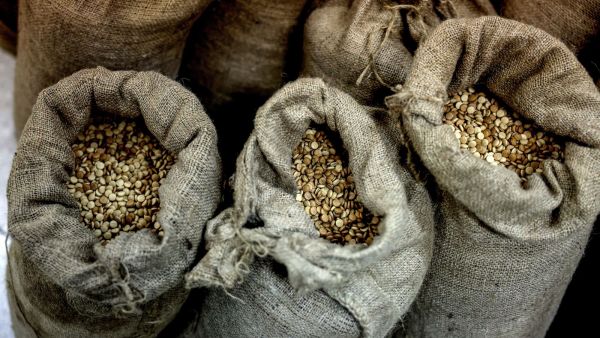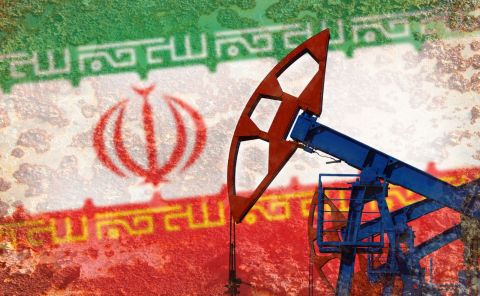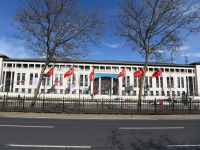ALBAWABA – Jordan is a corridor for drugs, Jordanian Minister of Interior Mazen al-Farrayeh said Monday, and European officials are worried about a possible influx of drugs to Europe as Middle East countries crack down on drugs, Bloomberg reported.
The minister received the head and members of the Iraqi Parliament’s Committee for Combating Drugs and Psychotropic Substances on Monday to discuss further cooperation between Iraq and Jordan.

During the meeting, Farrayeh praised the joint cooperation between the two countries to curb the trafficking and smuggling of drugs through the Jordan-Iraq border, a ministry statement said. But it would seem tighter cooperation between Arab authorities on drug controls is a cause for concern for Europe.
Likewise, Bloomberg reported Thursday that tighter cooperation between measures members of the Gulf Cooperation Council (GCC ) on the drugs frontier are underway.
Selling for around $3-25 a tablet, the amphetamine-type pill captagon is primarily produced and trafficked by individuals and groups throughout the Levant. Most of them are reportedly linked Syrian, Iraqi and Iranian factions and regimes, according to Bloomberg.
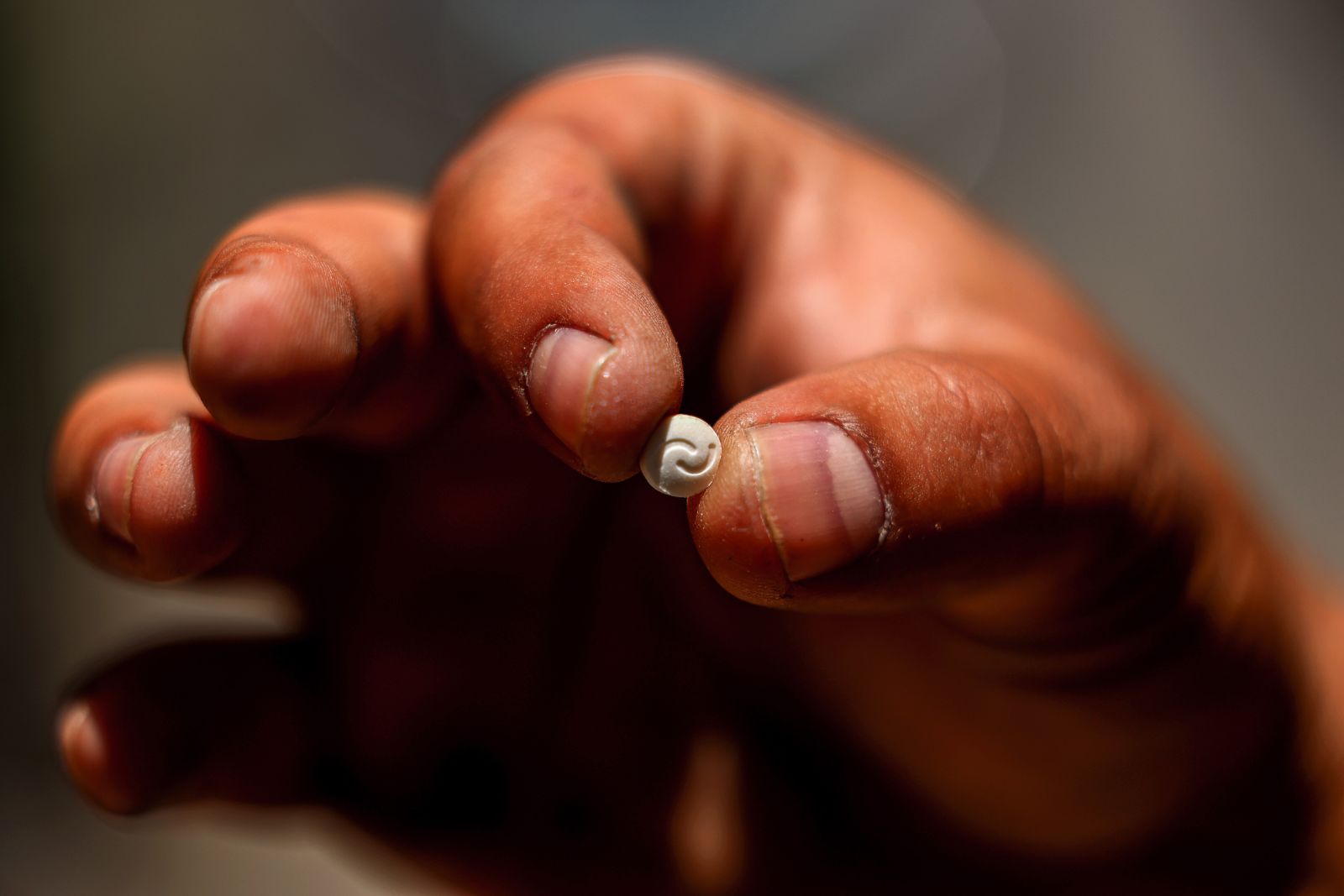
Apart from the several instances in which some relatively small-scale captagon production facilities were uncovered and put out of action in Jordan by the authorities, most of the quantities that go to neighbouring countries come from outside of Jordan.
Jordan is a corridor for drug dealers, work is underway to combat the ‘scourge’
Saudi Arabia has launched a crackdown on drugs, simultaneously with Jordan’s effort to engage in deeper cooperation with Iraq to combat the problem.
The Saudis have even reengaged with the Syrian regime in an effort to find a way to curb drugs inbound to Saudi and the Gulf region from Syria.
Notably, Jordan and Saudi Arabia, which is the Hashemite Kingdom’s portal to the rest of the GCC, share a significantly vast borderline.
“Jordan is still a corridor for drug dealers,” Farrayeh said.
“But we cannot ignore the increase in the rate of abuse among the people of our society, which requires us to follow the holistic approach to combat this scourge by resorting to education and awareness,” he added.
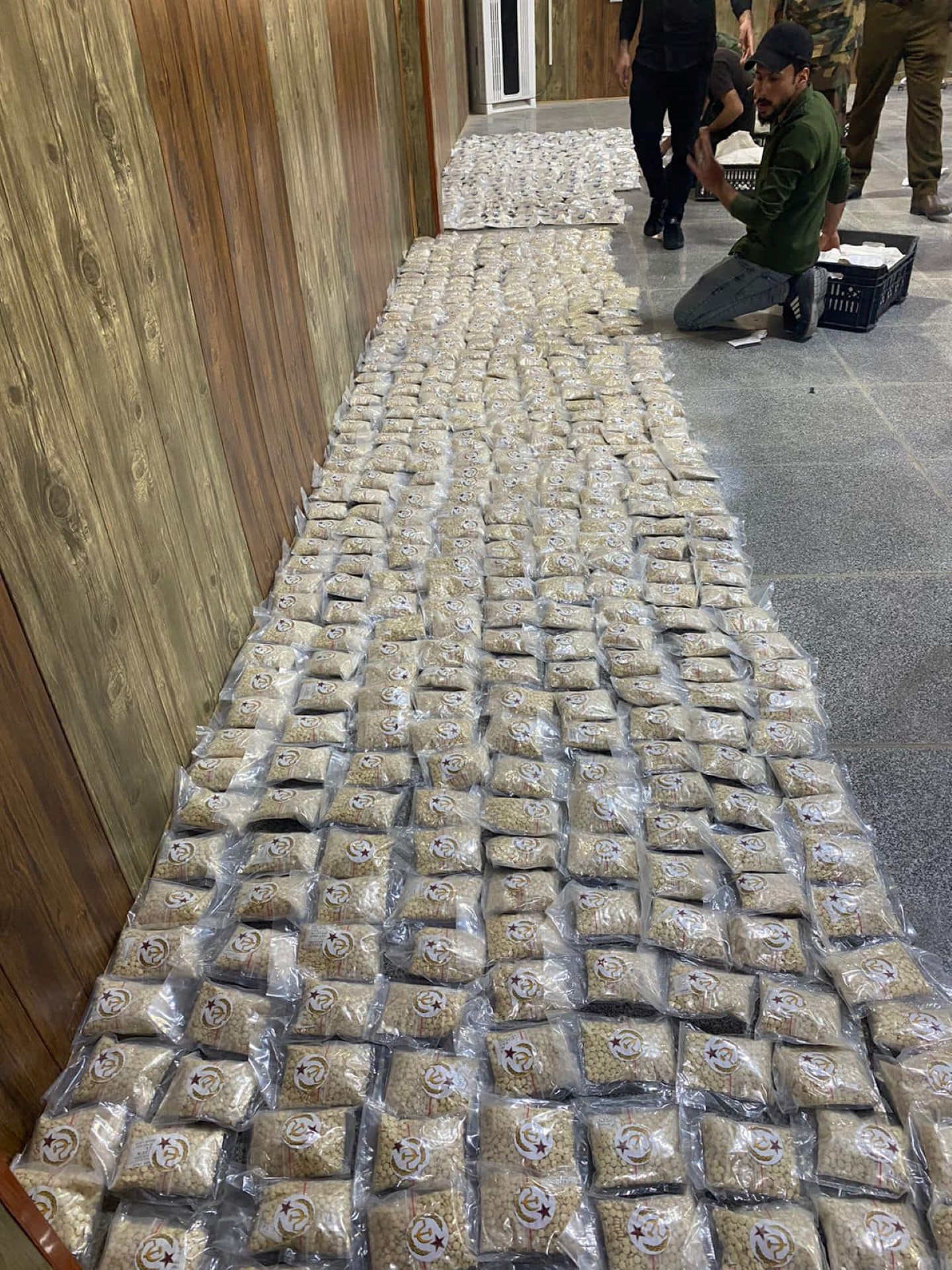
Two leading researchers at the think tank New Lines Institute estimate that captagon has generated business worth as much as $10 billion over the past three years, according to Bloomberg.
Of course, in case of simultaneous, region-wide efforts to fight the smuggling and trafficking of narcotics, and captagon in particular, will cause producers to look for other routes and markets.
This, according to Bloomberg, is unsettling for European officials, who are scared that this “poor man’s cocaine” kind of drug would find its way to their countries.
In fact, New Lines Institute’s Caroline Rose said the threat is not just to countries in Europe’s periphery like Greece and Italy, where authorities seized more than 14 tons of captagon in 2020.
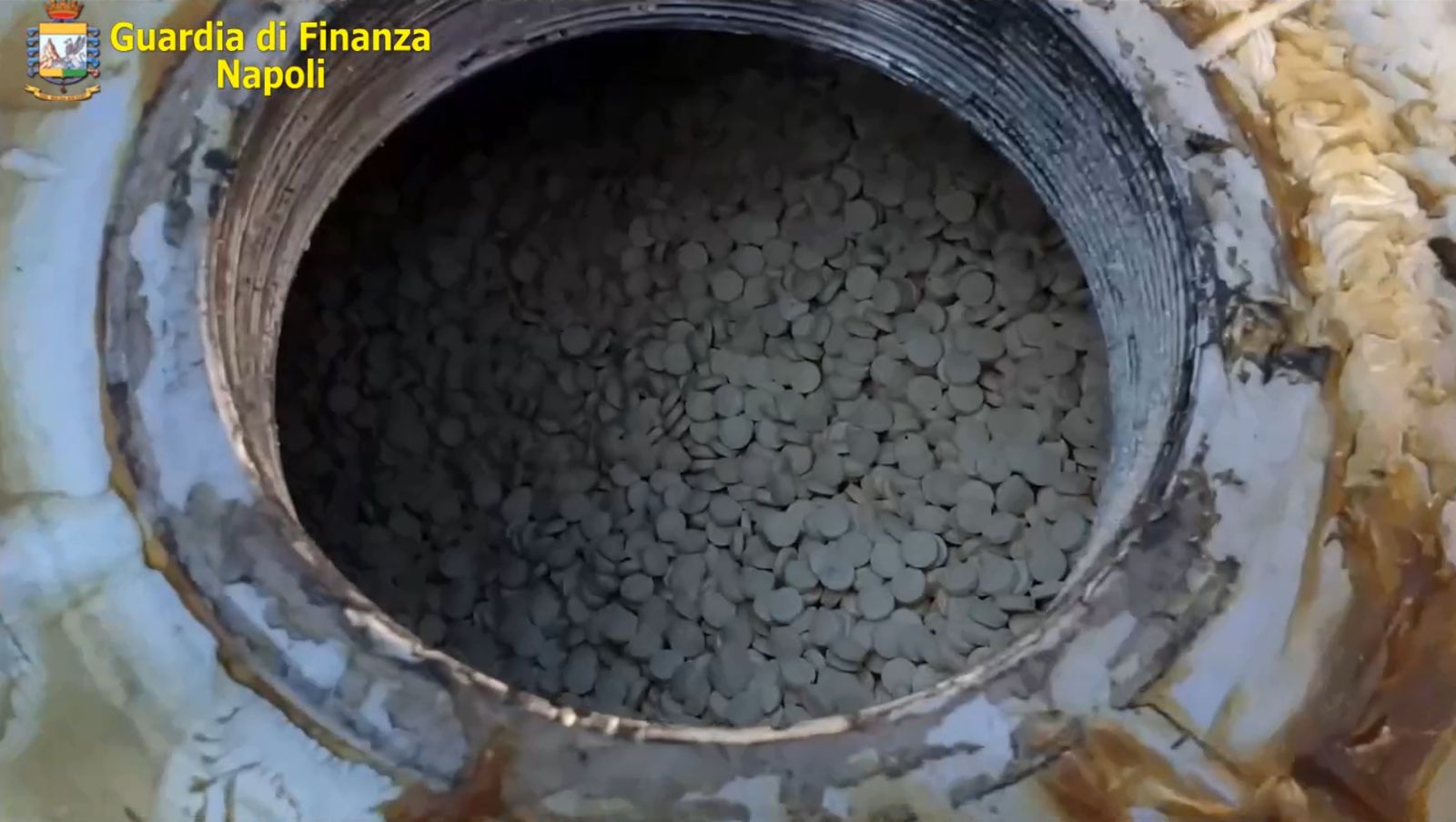
The risks of captagon flowing into the central and northern parts of Europe are real and concrete. There have been numerous captagon warehouse raids in recent years, she noted.
The truth is, according to Rose, Europe risks experiencing the same scenario that has played out in Iraq and Turkey. Both of those countries were popular trans-shipment points for captagon. but are now becoming destination markets.
The same applies to Jordan, considering Farrayeh’s recent statements.
Even though Jordan is a corridor for drug dealers, still, the country is also experiencing a surge in drug abuse, as reiterated by the minister, and may very well be turning into a destination market as well.
More than 1 billion captagon pills have been seized in the last three years in Saudi Arabia, with the bulk destined for the kingdom, Karam Shaar told Bloomberg. He is a Syrian economist and researcher who has advised Western governments on Syria’s war economy.
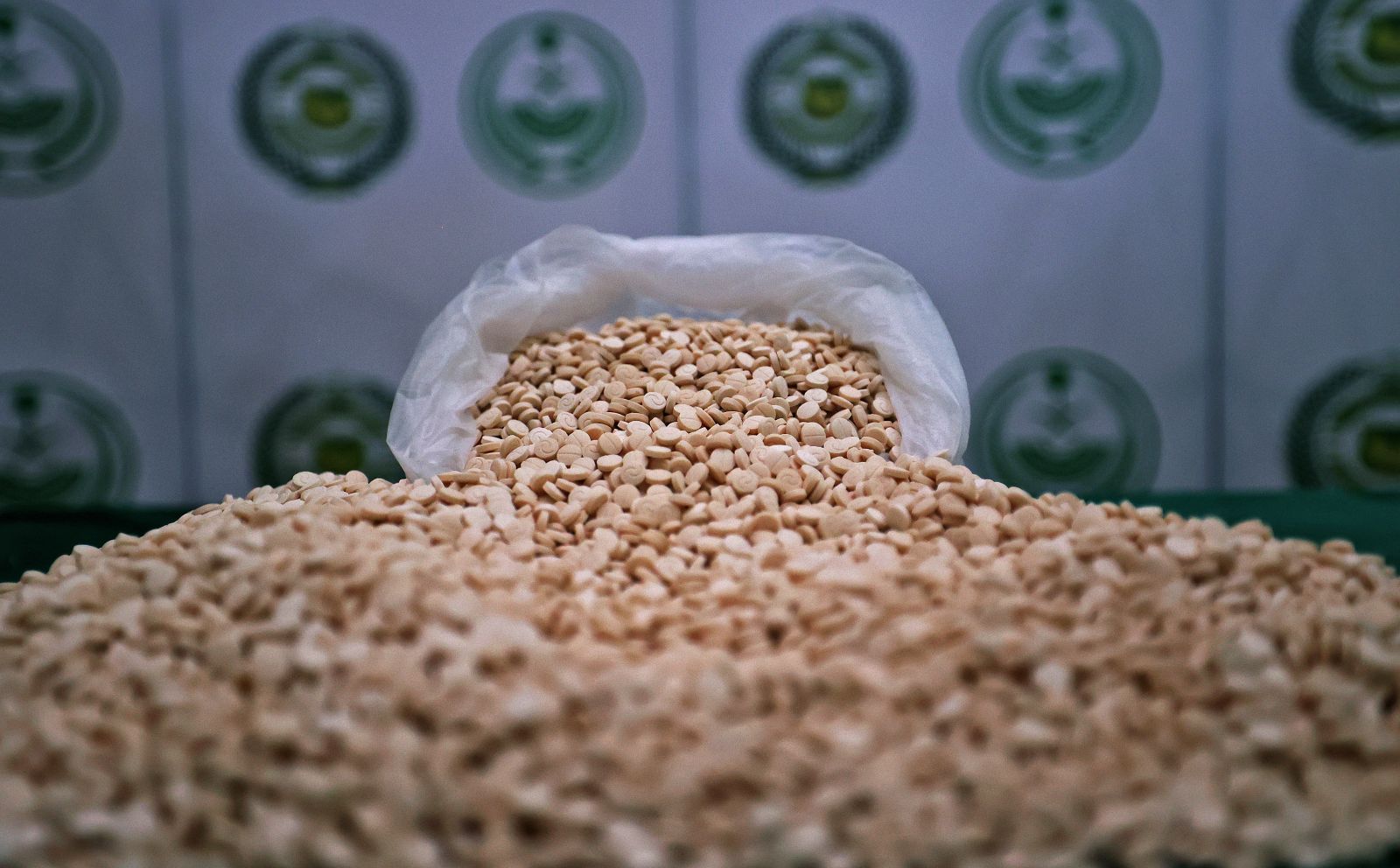
Noteworthy is the fact that ending captagon smuggling from Syria and Lebanon topped the agenda of a meeting of Arab foreign ministers in Cairo on Tuesday.
What if they succeed and Jordan is a corridor for drugs no longer?
The drug has become popular well beyond Saudi Arabia and is used from the United Arab Emirates to Jordan, Bloomberg reported.
One senior Saudi official, who was unnamed by Bloomberg, said that – if not addressed – captagon consumption and the drug problem in general could pose a threat to Crown Prince Mohammed bin Salman’s Vision 2030 economic transformation plan.
The Crown Prince’s Vision 2030 hinges on mobilizing the youth. About 63 percent of Saudi Arabia’s population is under the age of 30, which is why bin Salman is personally overseeing what Saudi authorities described as a war on drugs, according to the New York-based news agency.


